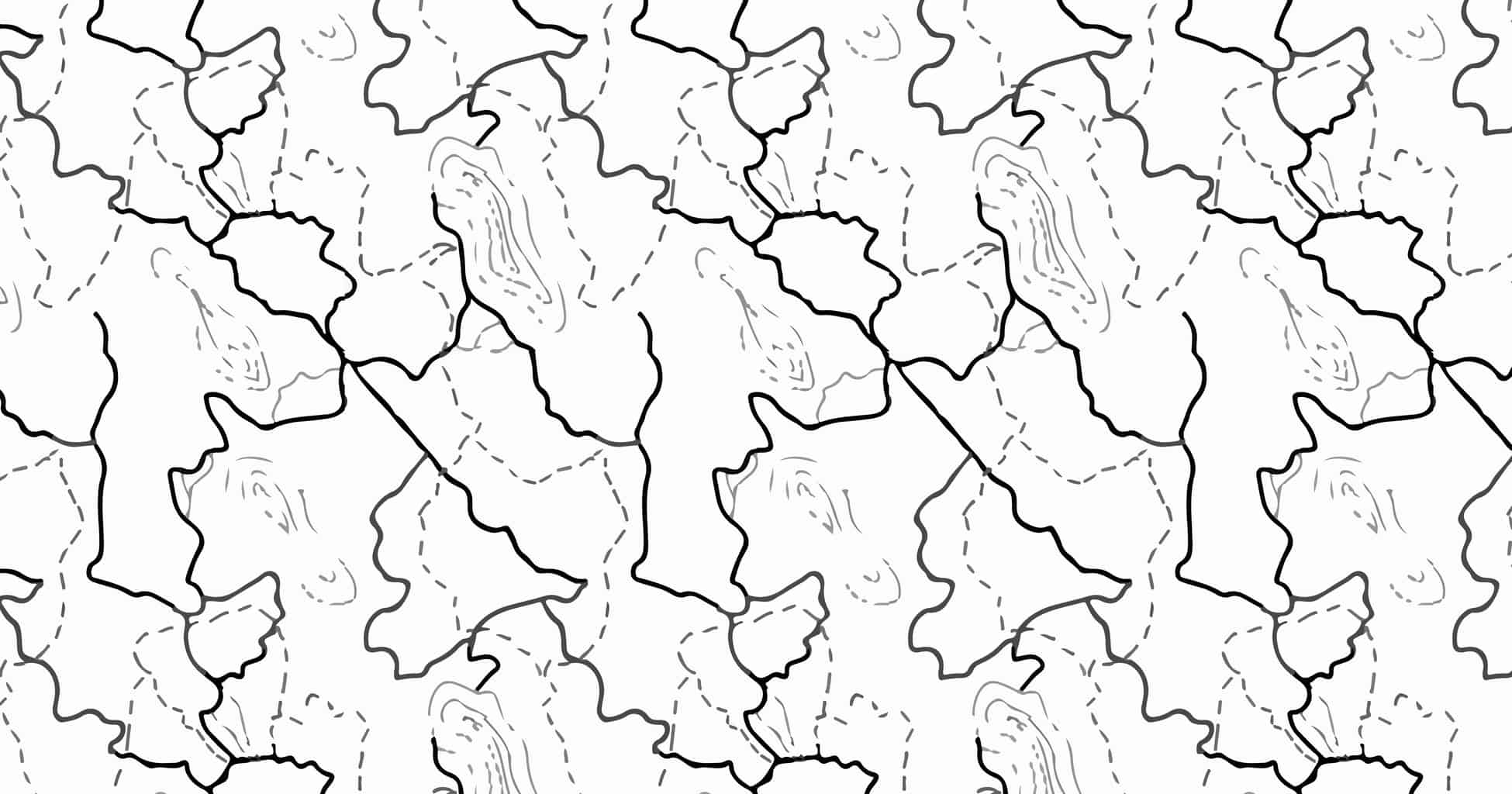Burundi
Burundi
August 2015 marked the 15th anniversary of the Arusha Peace and Reconciliation Agreement, which ended thirteen years of ethnic-based civil war in Burundi between the Tutsi minority and Hutu majority.
Recently, the security situation has deteriorated as the result of disagreement over President Pierre Nkurunziza’s bid for a third term, resulting in violent demonstrations, excessive force against protesters, an attempted coup, and arrests of civil rights leaders. Women have been active in the political unrest, and staged the first major protest against the president’s third term bid. However, violence against women operates in a culture of impunity, with women experiencing rape, torture, and enslavement.
Based on the work of NGOWG members and their partners, the NGOWG advocates for full implementation of the government gender quota of 30%, and equal and meaningful women’s participation in designing and implementing human rights protection mechanisms.
Current and Past Recommendations to the UN Security Council (Monthly Action Points)
The Council is expected to discuss a report on the United Nations Office in Burundi (BNUB), which is set to draw down by 1 January 2015. Given the deterioration of the political and security situation, the Council should call for freedom of expression, association and assembly of everyone, including women’s organizations. On 8 March, a peaceful protest by women’s organizations to celebrate International Women’s Day was broken up by the police using tear gas. The Council must ensure that gender is a crosscutting issue in both its own discussions and also is at the core of the transition process. Further, the Council should ensure there continues to be a gender lens in reporting.
Relevant Resources





